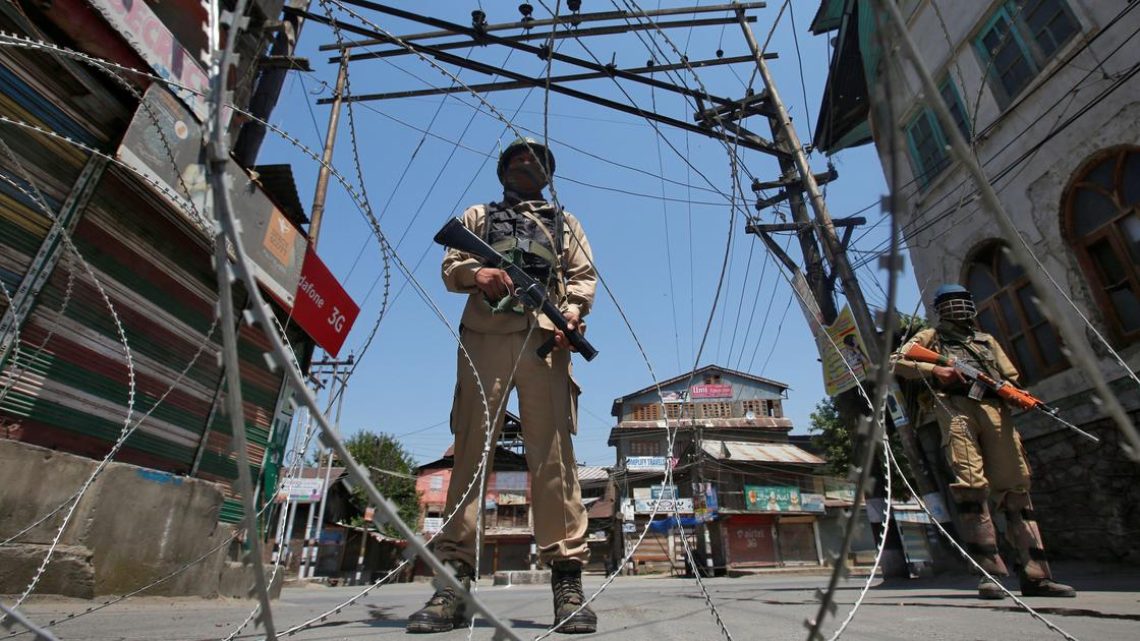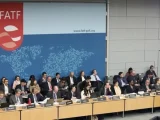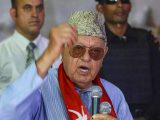
Jammu and Kashmir’s Civil Society Calls for Unity Against Indian Oppression
September 20, 2024In a significant gathering, civil society representatives from Indian-illegally occupied Jammu and Kashmir (IIOJK) emphasized the crucial need for unity among Kashmiris in their fight against oppression.
Key figures such as Dr. Zubair Ahmed Raja, Muhammad Furhan, Muhammad Iqbal Shaheen, and Syed Haider Hussain convened in Srinagar to discuss pressing issues facing the region. They called for the restoration of Articles 370 and 35A in their original form.
The group also demanded an end to ongoing atrocities and urged for a resolution to the Kashmir dispute based on United Nations resolutions. Their message underscored the necessity of solidarity among the Kashmiri people.
They stated, “United we stand, divided we fall,” highlighting that a unified front is essential for amplifying voices and seeking justice. The representatives recognized that unity among Kashmiris has been pivotal in resisting Indian efforts to suppress their freedom movement.
“The collective will of the Kashmiris serves as a formidable shield against Indian aggression,” they asserted. They stressed that only through solidarity can the Kashmiri people effectively confront the strength of the Indian state.
The civil society members expressed their firm determination to continue the struggle against ongoing occupation. They affirmed that their resolve remains strong despite the challenges they face.
Additionally, the representatives urged the international community to break its silence on the situation in IIOJK. “The world must stand with Kashmiris in their rightful pursuit of self-determination,” they declared.
This call to action emphasizes a belief that the Indian occupation will eventually crumble in the face of the Kashmiri people’s unity and commitment to their cause.
The gathering illustrated a strong commitment to collaboration among Kashmiris, reinforcing the idea that collective action can drive significant change. The representatives conveyed that unity is not just a strategy; it’s a fundamental necessity for progress.
As the civil society leaders continue to advocate for their rights, they remain hopeful that increased awareness and support from the international community can lead to meaningful change. Their focus on unity and determination reflects a broader sentiment among Kashmiris longing for justice and self-determination.
To conclude, the representatives’ messages resonate with a sense of urgency for unity among Kashmiris. Their collective voices aim to draw attention to the ongoing struggles, while they seek solidarity in their pursuit of freedom from oppression.

